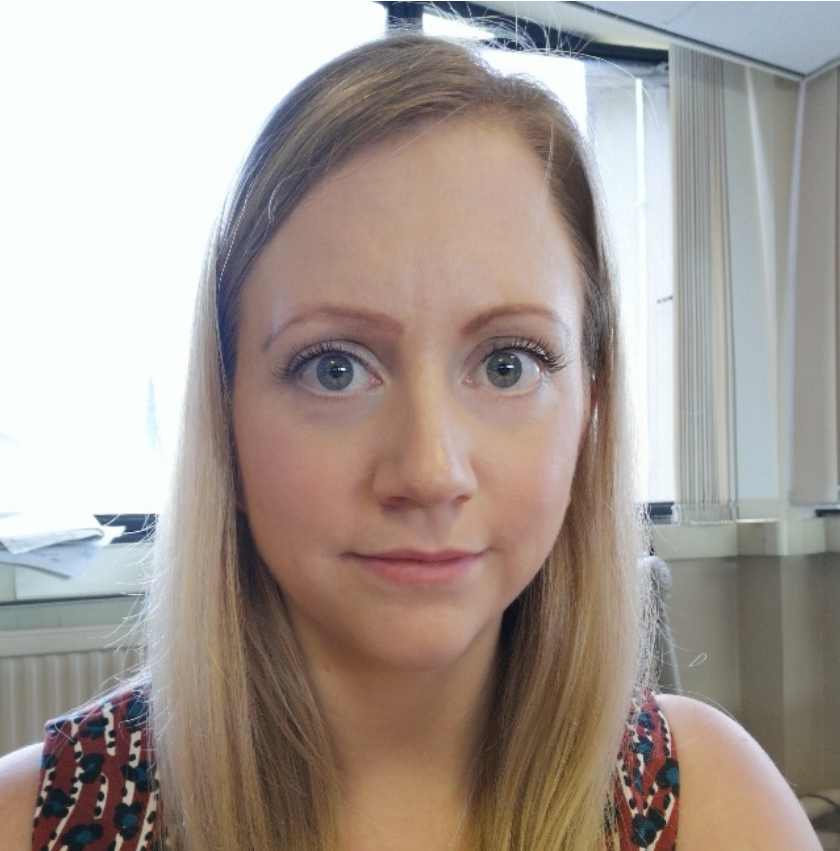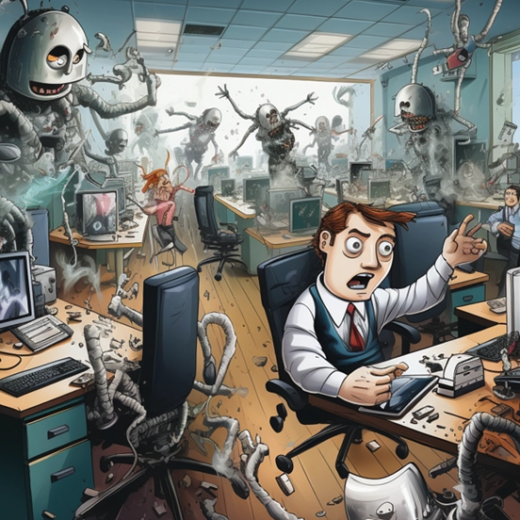
Women in Tech Excellence Awards: Eleanor Freeman
IT Project Manager at Construction IT, Eleanor Freeman, is a finalist in this year’s Women in Tech Excellence Awards in the Team Leader of the Year: Tech Sector category. To celebrate Eleanor’s nomination, we found out more about the motivation behind her current role, lessons she has learnt along the way and more. Tell us about your current […]
IT Project Manager at Construction IT, Eleanor Freeman, is a finalist in this year’s Women in Tech Excellence Awards in the Team Leader of the Year: Tech Sector category. To celebrate Eleanor’s nomination, we found out more about the motivation behind her current role, lessons she has learnt along the way and more.
Tell us about your current role and what motivates you. What has been the driving force behind your career strategy?
I am currently working on a project to deliver an upgrade to Windows 10 and Office 365 to a joint council customer. Being able to work with a variety of individuals, particularly to deliver a project to a public sector customer who will truly benefit from the new technology, is very motivating.
Delivery of a new end-to-end operating system encompasses a variety of different areas which makes every day different and interesting – from stakeholder management to hardware/logistical coordination and more. Tying everything back to user needs, while supporting and improving the technological capability of those delivering frontline services to our communities, makes each day feel worthwhile.
I have always made career decisions based on the people I will work for and their corporate values and aims. I want to feel as though the projects I am delivering are genuinely of benefit to the end users.
If I believe I am going to work each day to ultimately enhance and improve a factor of someone else’s work, that is all the motivation I need to persevere even through the harder days.
What one achievement or task in your career are you most proud of?
At the beginning of my career I was a PMO Manager, working regionally for four police forces on a national programme led by the Home Office. From UK-wide resources across police, ambulance, and fire, I was nominated to act as the lead to develop a national plan framework on behalf of the Home Office and the leading police body (Chief Constable’s Reference Group). The purpose of this framework was to inform and coordinate all regional team planning, to ensure plans were cascaded from a common source and therefore that activities were aligned across England and Wales Police, Fire and Ambulance services and in accordance with the national timeline and deliverables.
This activity was completed alongside my responsibilities as the PMO Manager for my region and it was an honour to have my leadership skills recognised at such an early time in my career and be selected to lead on such a crucial piece of work. Being involved in this work also put me at the forefront of a number of national workshops and conference events, presenting and engaging to programme teams from across England and Wales. I relished the opportunity to interact with so many individuals from various backgrounds and it really helped to develop a network of peers and also my confidence and enthusiasm for stakeholder management, leadership and also collaboration.
What is the biggest lesson you have learned in your career?
Everyone feels as though they are out of their depth sometimes and one bad day does not mean you are bad at your job as a whole. The most important thing is to have continued faith in yourself, your skills, and the fact that you have earned your place in whatever role you are currently undertaking. However, it’s also not a sign of weakness to ask for help! If you notice something is not going according to plan, call it out early and seek advice rather than keeping it quiet until it becomes a bigger problem.
What is your top tip for women looking to start a career in IT?
IT is still very much a male dominated field and as a young woman, I was even more of an anomaly amongst my colleagues, but this doesn’t mean that women can’t bring many valuable skills to the sector. If you are good at what you do and are a team player with an interpersonal aptitude, the industry needs you. I spend a great deal of my day interpreting between my coding geniuses and my customer!
My advice would be to not start your career trying to be something you aren’t. Instead, demonstrate your own personal strengths and skills to show that you are an asset to the company.
It’s important to accept that you are not going to know everything and that you will always have strengths and weaknesses – just like anyone does.
At the end of the day, IT is never delivered by one person, you always have a team of subject matter experts around you and not one of them could do everything on their own, yourself included.





